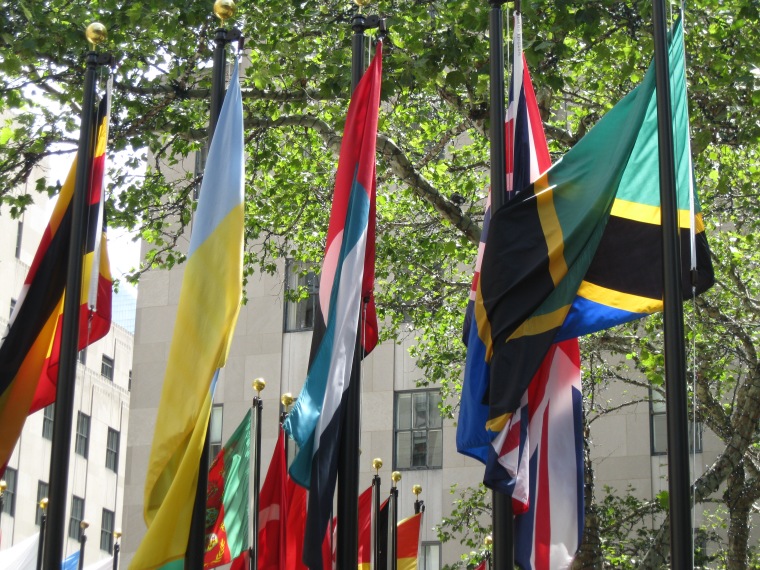 So 2016 comes to its foundation-rattling end, and so many people want to forget it as the collective nervous breakdown in the West continues. A New Year is a moment for Christians to reflect on how we can be different in the year to come. Here are five pleas I want to make for Christians and Churches to consider putting central in the coming year.
So 2016 comes to its foundation-rattling end, and so many people want to forget it as the collective nervous breakdown in the West continues. A New Year is a moment for Christians to reflect on how we can be different in the year to come. Here are five pleas I want to make for Christians and Churches to consider putting central in the coming year.
1. Hope in God. In the two great psalms that explore despair and hope, Ps 42 and 43, the psalm writer repeats the exhortation to himself: ‘Why are you cast down, O my soul, and why are you in turmoil within me? Hope in God; for I shall again praise him, my salvation and my God.’ At the end of the year that has seen some great political earthquakes, an appalling civil war in Syria, and massive terrorist attacks in France, Belgium and Germany, do you have real hope? I ask this because I have heard so many Christians say as the next upheaval or calamity happens, ‘But still, God is sovereign’, almost as though this is our last ditch hope. We have our own plans and our routine, and we plug on through life seduced by the certainties of a daily working routine, a stable stock market and a quiet suburban life. But when everything is thrown up in the air, whether in a referendum result, a presidential election, or the more visceral and desperate aftermath of a terror attack, then and only then do we clutch hold of the sovereignty of God. The sovereignty of God should not be our last and desperate refuge. He is our salvation and our God! We should be close to him, united through the daily fellowship of prayer, looking at the world as his world, and every aspect of our lives as lived for his glory. Our confidence should be in him, whatever happens, and whatever foes we face, knowing that in life and in death he is our salvation. Continue reading “5 priorities for 2017”

 ‘Pentecost marked the reversal of the curse of Babel.’ So goes the traditional narrative that tries to tie together these two major events in the history of the nations: Babel marked the cursing of the nations with different languages, and Pentecost marked the beginning of the reversal of that curse. Babel scattered the nations, and Pentecost marked the global moment when the scattered nations began to come together again through the gospel. While I used to hold to this view, I no longer think it is tenable from the text of both passages, and we have to relate Babel and Pentecost together more carefully. This is an issue of huge importance, not just for how we understand the world but for setting our priorities in mission.
‘Pentecost marked the reversal of the curse of Babel.’ So goes the traditional narrative that tries to tie together these two major events in the history of the nations: Babel marked the cursing of the nations with different languages, and Pentecost marked the beginning of the reversal of that curse. Babel scattered the nations, and Pentecost marked the global moment when the scattered nations began to come together again through the gospel. While I used to hold to this view, I no longer think it is tenable from the text of both passages, and we have to relate Babel and Pentecost together more carefully. This is an issue of huge importance, not just for how we understand the world but for setting our priorities in mission.